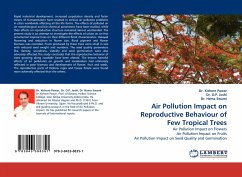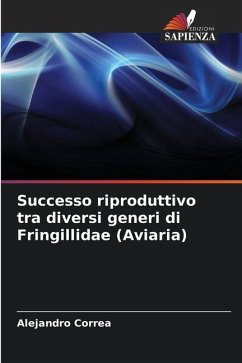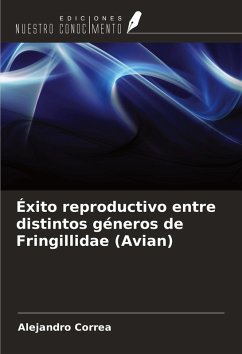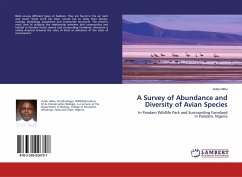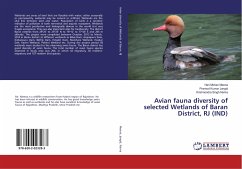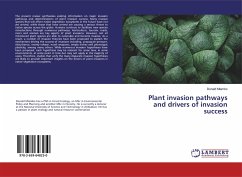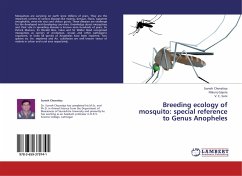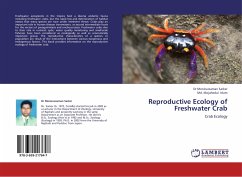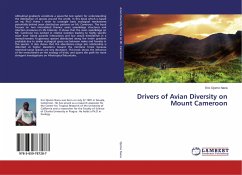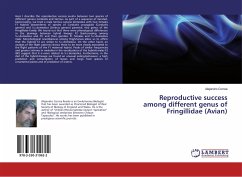
Reproductive success among different genus of Fringillidae (Avian)
Versandkostenfrei!
Versandfertig in 6-10 Tagen
24,99 €
inkl. MwSt.

PAYBACK Punkte
12 °P sammeln!
Here I describe the reproductive success ex-situ between two species of different genera Carduelis and Serinus. As part of a sequence of iterated-backcrossing, we bred a male Serinus canaria domestica with two females F1 hybrids descendents of species of Carduelis uropygialis (Carduelis genera) and S.c.domestica (Serinus genera) parental, two genus of the Fringillidae family. We found out that there were phenotypical differences in the plumage between hybrid lineage F2 (backcrossing among S.c.domestica and F1) and their genders F1 females and S.c.domestica male. Morphological resemblances amon...
Here I describe the reproductive success ex-situ between two species of different genera Carduelis and Serinus. As part of a sequence of iterated-backcrossing, we bred a male Serinus canaria domestica with two females F1 hybrids descendents of species of Carduelis uropygialis (Carduelis genera) and S.c.domestica (Serinus genera) parental, two genus of the Fringillidae family. We found out that there were phenotypical differences in the plumage between hybrid lineage F2 (backcrossing among S.c.domestica and F1) and their genders F1 females and S.c.domestica male. Morphological resemblances among thigh/tarsus allow us to affirm that the hybrids F2 are similar to S.c.domestica. On the other hand, an analysis of the flight patterns shows these to be more closely associated to the flight patterns of the F1 maternal hybrid. Peaks of similar frequencies and greater richness in melodies in the vocalizations of the hybrids males F2 (BC) suggest that it is more related to S.c.domestica. Furthermore, in the diet of the hybrid-lineage we found an unusual eating-behaviuor, a high predation and consumption of leaves and twigs from species of ornamental plants and of predation of insects.



